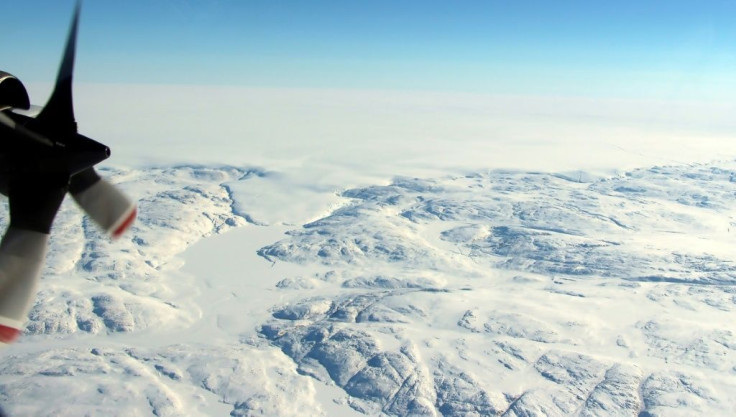Climate Change Study: Greeland Meltwater May Briefly Make Europe, US Colder

The North Atlantic current transports warm water from the Gulf of Mexico tor Europe. This change in the temperature of the water endows the North-Western part of Europe with mild weather. However, this cycle of weather may soon change, because of the meltwater from the Greenland ice caps seeping into the ocean, according to a new study.
Global warming may cause an excess of rainfall along with this excess of meltwater, resulting in unexpected climate change.
According to researchers from the University of Groningen and Utrecht University, while the current may not come to a complete stop, it will be affected by the interference. According to a paper published by the researchers titled “ North Atlantic Ocean Circulation and Decadal Sea Level Change During the Altimetry Era” in the Scientific Reports journal, this meltwater may cause a change in the movement and behavior of the current for the next century.
The paper states that there is a 15 percent likelihood that this “interruption” may cause temporary cold spells in Europe and the North Atlantic region.
The Greenland meltwater adds more than the regular amount of freshwater to the ocean surface. This additional freshwater may block the transport of heat to Europe.
The researchers have used the box model to ascertain the impact of climate change on the North Atlantic current. While the model found that changes in the current may cause changes in the weather over the next hundred years, the current will not be totally blocked in the next thousand years, according to its estimations.
The researchers are now working on simulations that will further determine the accuracy of their analysis and help verify the findings in future studies.
While global warming will cause the melting of icecaps and an increased flow of freshwater into the ocean, it will also cause increased interaction between oceans.
Either way, the next century is set for massive climate change.
© Copyright IBTimes 2025. All rights reserved.





















